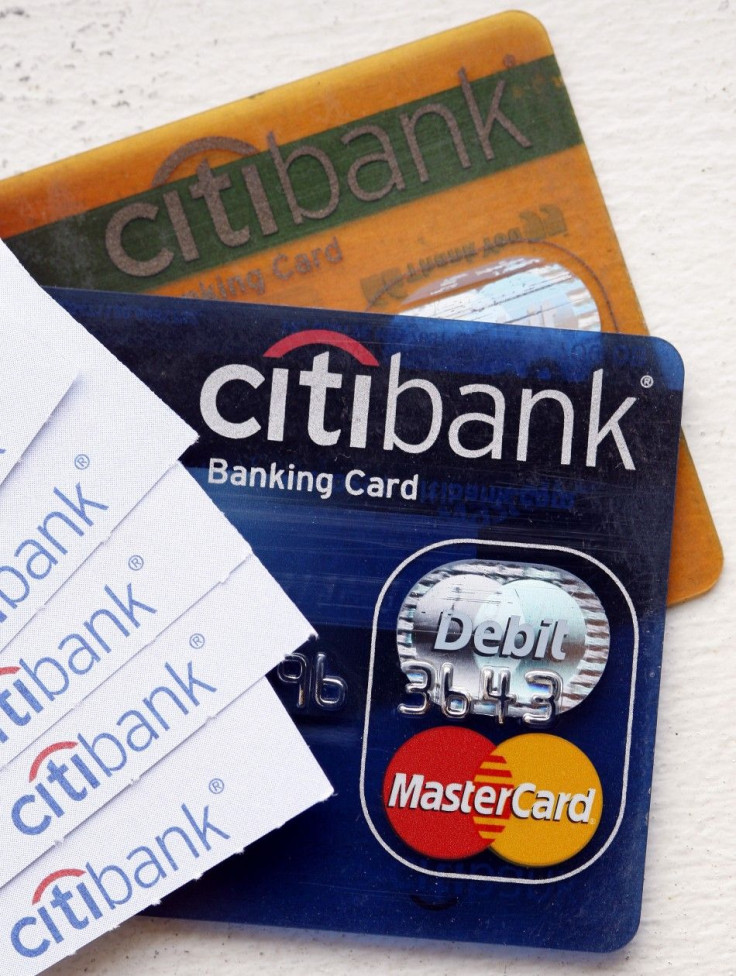Credit Card Rewards Grow as Debit Rewards Dwindle

Credit card rewards programs improved over the last year at the same time that debit card rewards declined, an industry expert said Monday.
Greg McBride, a senior financial analyst for Bankrate.com, said the availability of debit card rewards programs have declined by 30 percent over the past year because of the Durbin Amendment, which is part of the Dodd-Frank Act.
The Durbin Amendment restricted the amount of money that banks receive each time a consumer swipes a debit card. Besides curbing debit rewards, the legislation has prompted banks to raise or institute fees on a host of banking services, such as requiring higher minimum balances to avoid checking account fees and higher ATM fees.
Debit card rewards will continue to decline, and will likely be replaced mostly by merchant rewards that offer cash back on purchases or redeemable points after a certain amount of spending, McBride predicted.
Meanwhile, credit card rewards programs are becoming increasingly generous with banks paying more cash back and getting rid of annual fees and expiration dates, according to a Bankrate survey of 50 cash-back credit cards given by 19 large U.S. issuers.
Nearly half of cash-back cards, or 48 percent, paid one percent cash back from the first dollar of spending, up from 44 percent of cash-back cards last year, according Bankrate. Fourteen percent of cash-back cards paid more than one percent.
But 48 percent of cash-back cards offered higher payouts for certain categories, such as using a credit card for spending on gasoline or groceries.
Furthermore, 44 percent of the credit cards in the survey offered introductory bonuses. But Bankrate said there were no clear year-over-year trends regarding the bonuses -- some of the bonuses were larger compared to last year, but the larger bonuses typically required more spending to qualify.
Credit card rewards have been given heavy marketing over the last two years, McBride said. The banks are looking primarily for customers who have a very low likelihood of default-or those customers who generally pay their balances in full each month.
"Banks don't have the appetite to put a lot of risk on the books," McBride said.
McBride doesn't necessarily believe credit card rewards will become more generous in the future. But he said banks will continue to think outside of the box in terms of offering rewards. He notes that banks over the last several years have moved away from just offering airline miles and cash back and now offer rewards to help pay down a mortgage or to give money to a charitable cause.
Those types of creative rewards will be necessary to attract low-risk customers.
"There is intensive competition in that area because they (banks) are targeting the consumer most in demand," McBride said.
© Copyright IBTimes 2025. All rights reserved.





















